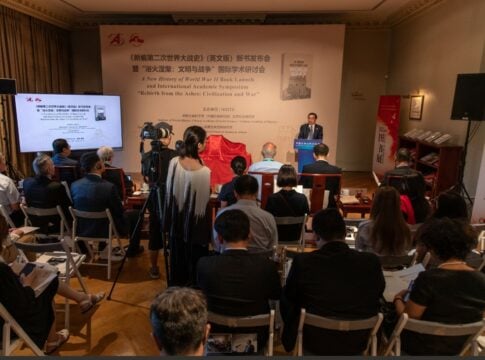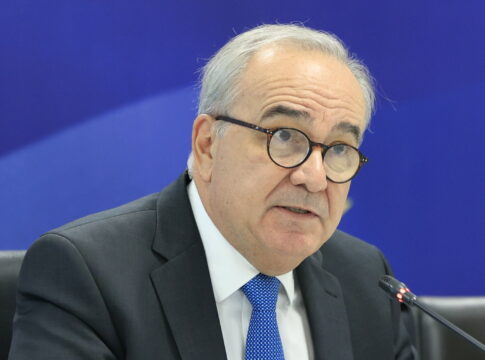A catalytic factor for the future of Europe is the production and processing of raw materials on European territory, the Association of Mining Companies pointed out in an open letter to the candidate MEPs. As the Association stated “if something like this is among the politicians’ priorities, substantial steps are required to regain our competitiveness, as defined by the markets.”
According to the president of the Association, Constantinos Yazitzoglou, “even though it seems commonplace, the upcoming European elections are indeed critical.” He pointed out that the international geopolitical environment is clearly different than it was 5 or 10 years ago. The ongoing wars in Ukraine and the Middle East, the strengthening of the BRICS group, the expanding climate crisis as well as a possible change in the political scene in the United States are just some of the factors of uncertainty that require vigilance on the part of the European Union. At the same time, the change in the technological model in energy production leads to radical changes in both the variety and quantities of mineral raw materials required for the smooth operation of the economy.
Under these circumstances, the criticality of self-sufficiency in raw materials is now recognized at the highest level through the recent initiative of the European Commission with the CRITICALRAWMATERIALSACT regulation. However, ensuring sufficient quantities of raw materials alone is not enough. The European economy has been based for many years on the availability of goods at very low prices. A substantial change in the cost of production – due to the cost of raw materials – could have dramatic consequences for European citizens. As Yazitzoglou emphasized “the Association of Mining Enterprises believes that primary and secondary production in Europe is uncompetitive and as a result is constantly declining.”
In addition to the current initiative (CRMA), the Association of Mining Companies proposes the following three axes of action:
– Substantial reduction of energy costs for the primary sector and manufacturing.
– Substantial reduction of regulatory costs.
– Starting a meaningful dialogue with society and legislating clear rules for the zoning of our activities.














